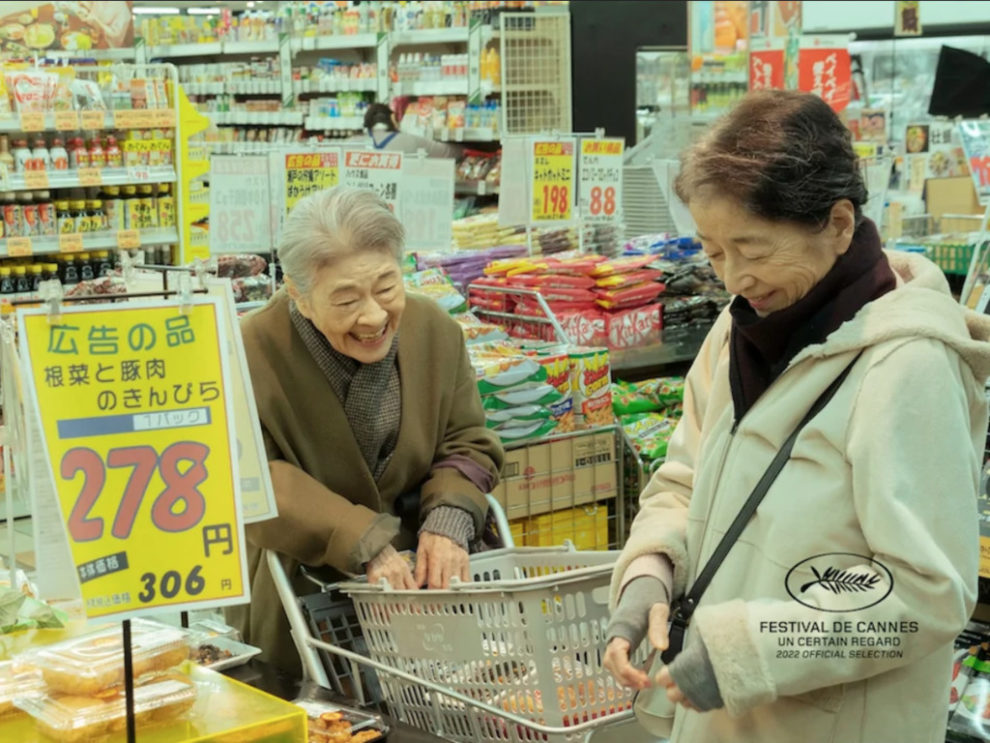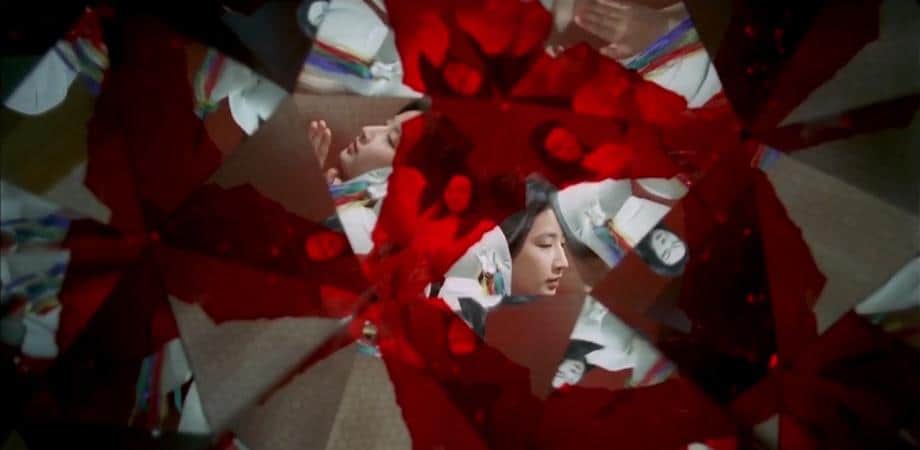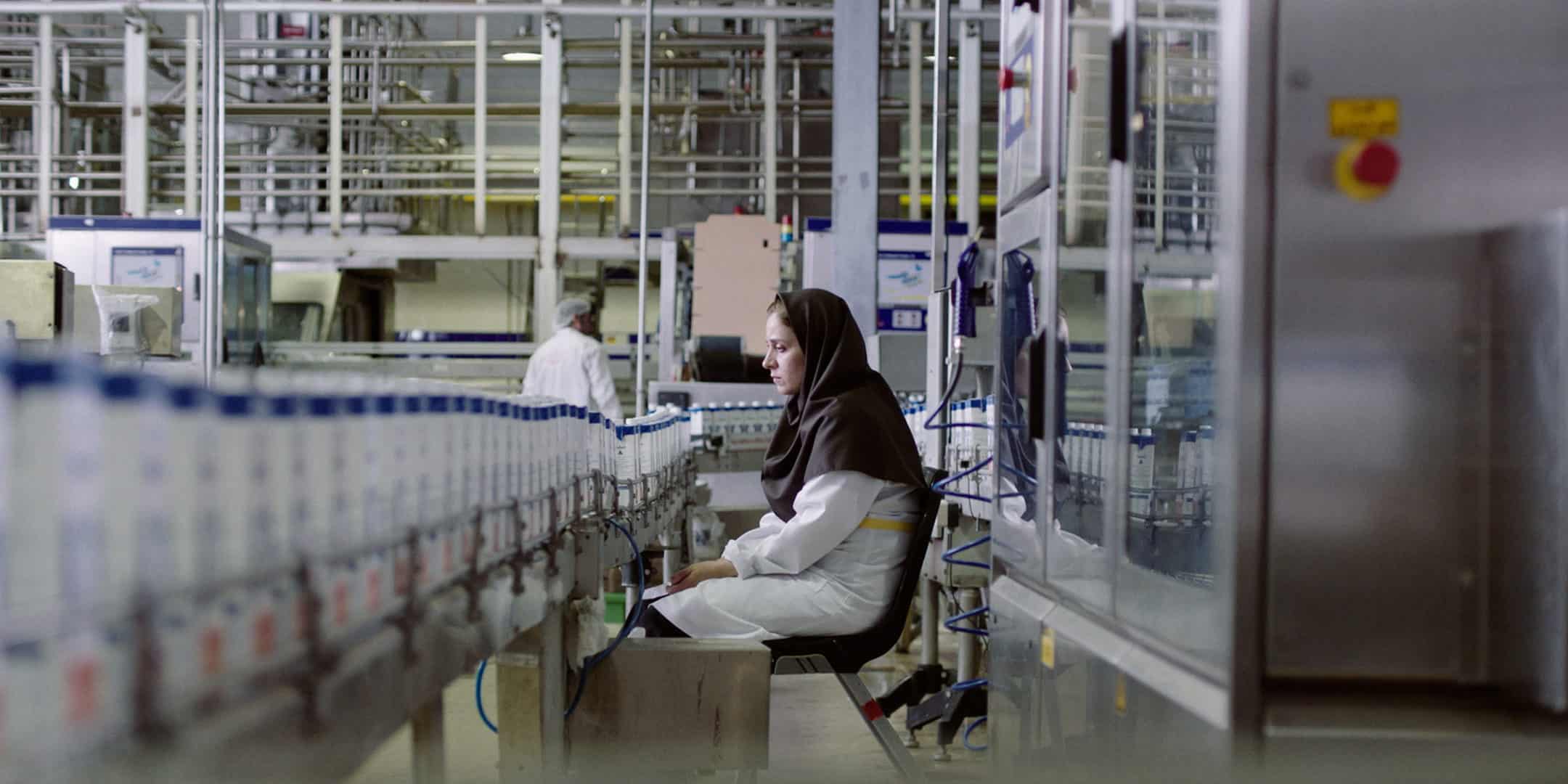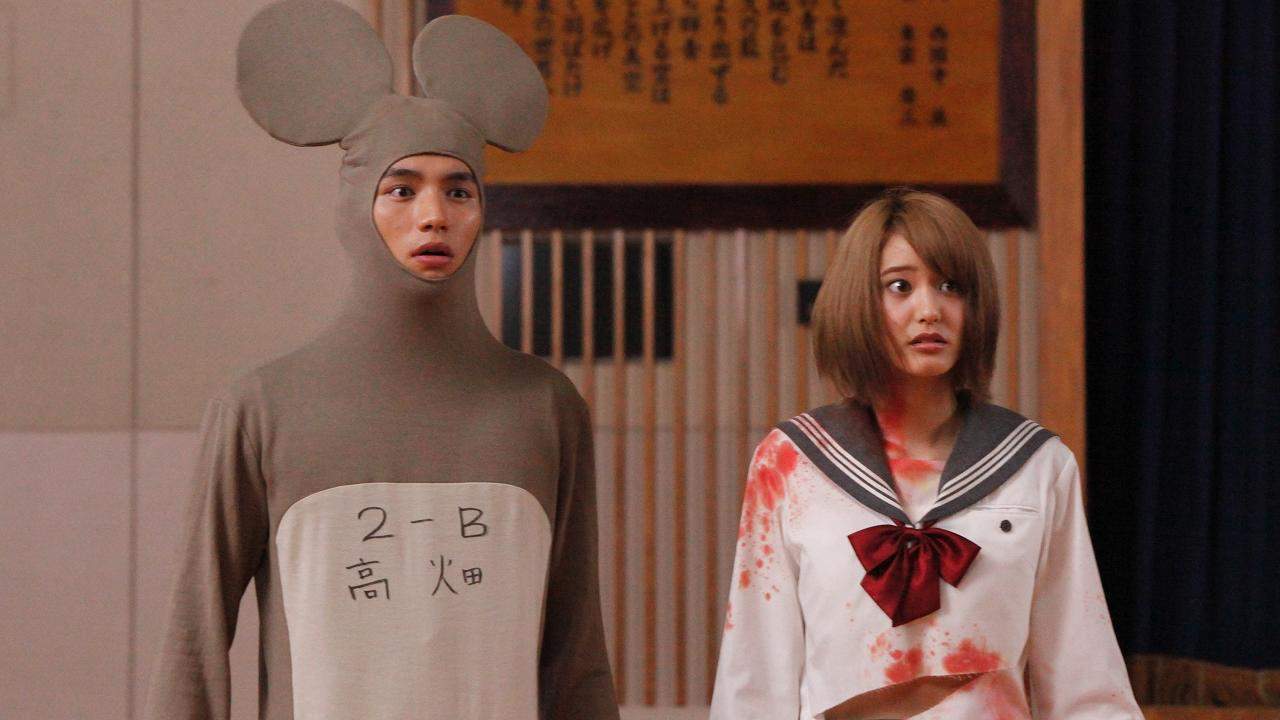While announcing the film before its premiere in Cannes, Salle Debussy, Thierry Frémaux and Pierre Lescure reminded the audience that Chie Hayakawa's debut feature “Plan 75” was the first Japanese film to be competing in this selection in a very long time. The first screening took place in a packed theatre, and in the presence of the filmmaker and her team, with high expectations from a movie which steps in the domain of unpleasant, and those were mostly met.
“Plan 75” screened at Cannes Film Festival
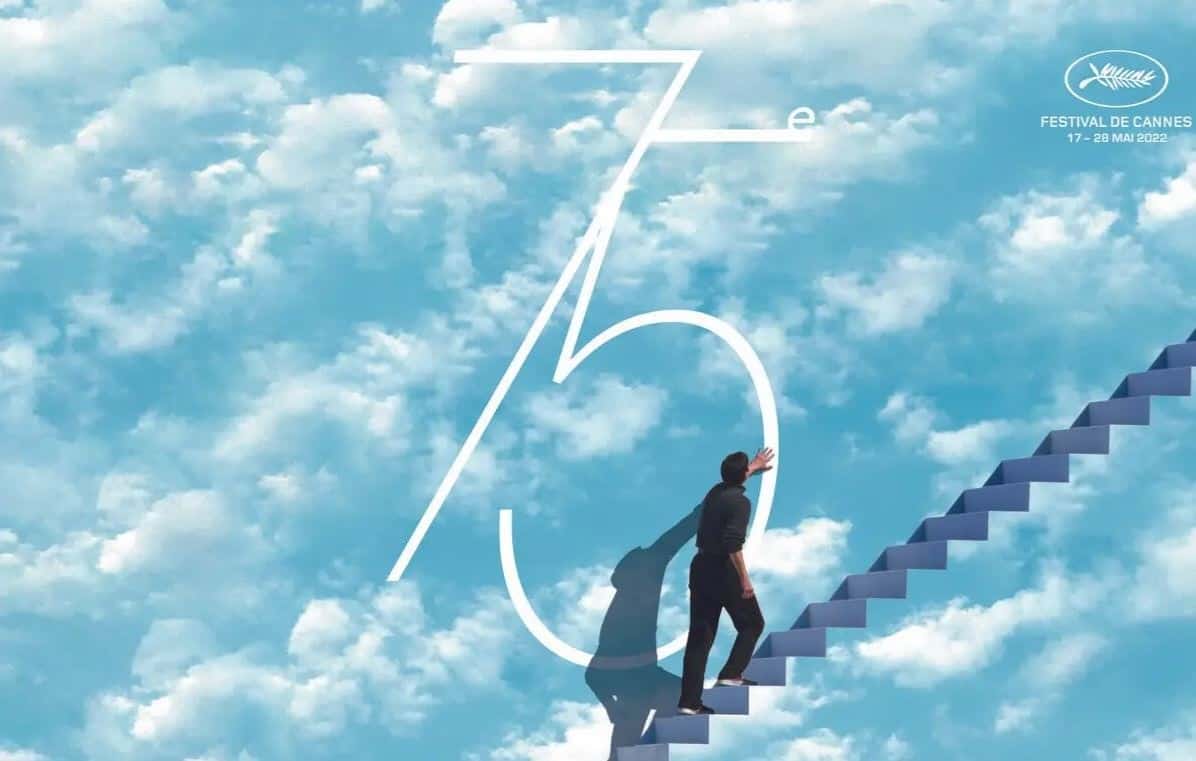
In her strong debut, Hayakawa sets the story in a near, dystopian future in which the Japanese government takes a concrete step to beat ‘the surplus of old citizens'. The propaganda machinery motivates them to enter the so called Plan 75 project, using embelished words for something that is simply supposed to end their lives. Painted as a well-meant act of euthanasia of those who can't find their active place in society, the program employs young people who believe in its cunningly-plotted storyline and the alleged motives behind it. They engage in phonecalls with the candidates, carefully educated how to listen and talk in order not to make them change their minds. One thing they are not supposed to do under any circumstance – meet the ‘candidates' in person, in order not to get attached to them.
“Plan 75” profits from its tender approach to the main characters and their destinies by showing the complexity of emotional situations they find themselves in. In the script, which is based on her short film from 2018, Hayakawa potrays people (differently) connected to the eponymous project. The lead Michi played by Chieko Baisho, is a 75 year old woman who has just been laid off her job as a hotel housekeeper. At the beginning, she is still hopefull that she can find a job, but the computer at the employment office says otherwise. After a while, faced with the planned demolition of the building she lives in, and the fact that no one wants to give a flat to an unemployed person, she starts considering entering the euthanasia program. Another lonely senior comes to the same solution to his much different problems, and he aprroaches his nephew Hiromu (Hayato Isomura) who works for the Plan 75 to help him end his life.
In this finely plotted story, strands occasionally overlap, as we follow the situations the five characters are facing. A young immigrant nurse Maria (Stefanie Arianne) is trying to come to terms with her new job which very much differs from what she was trained to do. Instead of helping the elderly to live, she is now helping them to die, and although this business pays much better, it is by no means easier to cope with. Plan 75 call center agents Yoko (Yuumi Kawai) and Hiromu are starting to examine their involvement with the project the moment they establish a connection with their customers, in Yoko's case with a woman she slowly gets to meet better, and in Hiromu's by developing strong emotions to his estranged uncle. Unfortunately, their characters are slightly underdeveloped, but nevertheless important to introduce a different perspective coming from young people.
There is something uncunny about the storyline which takes inspiration from real life: the decline of social services, and the most likely dissappearance of pension funds in the near future. We've been observing the increase of pension age in the recent years, which does differ from country to country but leads to the same result: we are expected to be productive longer, and at the same time – our chances to be that are slim due to the demands of the job market. Being young and dynamic it is called… People are being terminated because of their age, regardless if they are fit to work or not.
Hideho Urata's photography is dark and heavy, and it adds to the pressing atmosphere, wrapping the protagonists in sullen shadows. “Plan 75” is a film that leaves a strong impression, but most of all – it raises questions about our look at life and death in the times of growing materialism.


